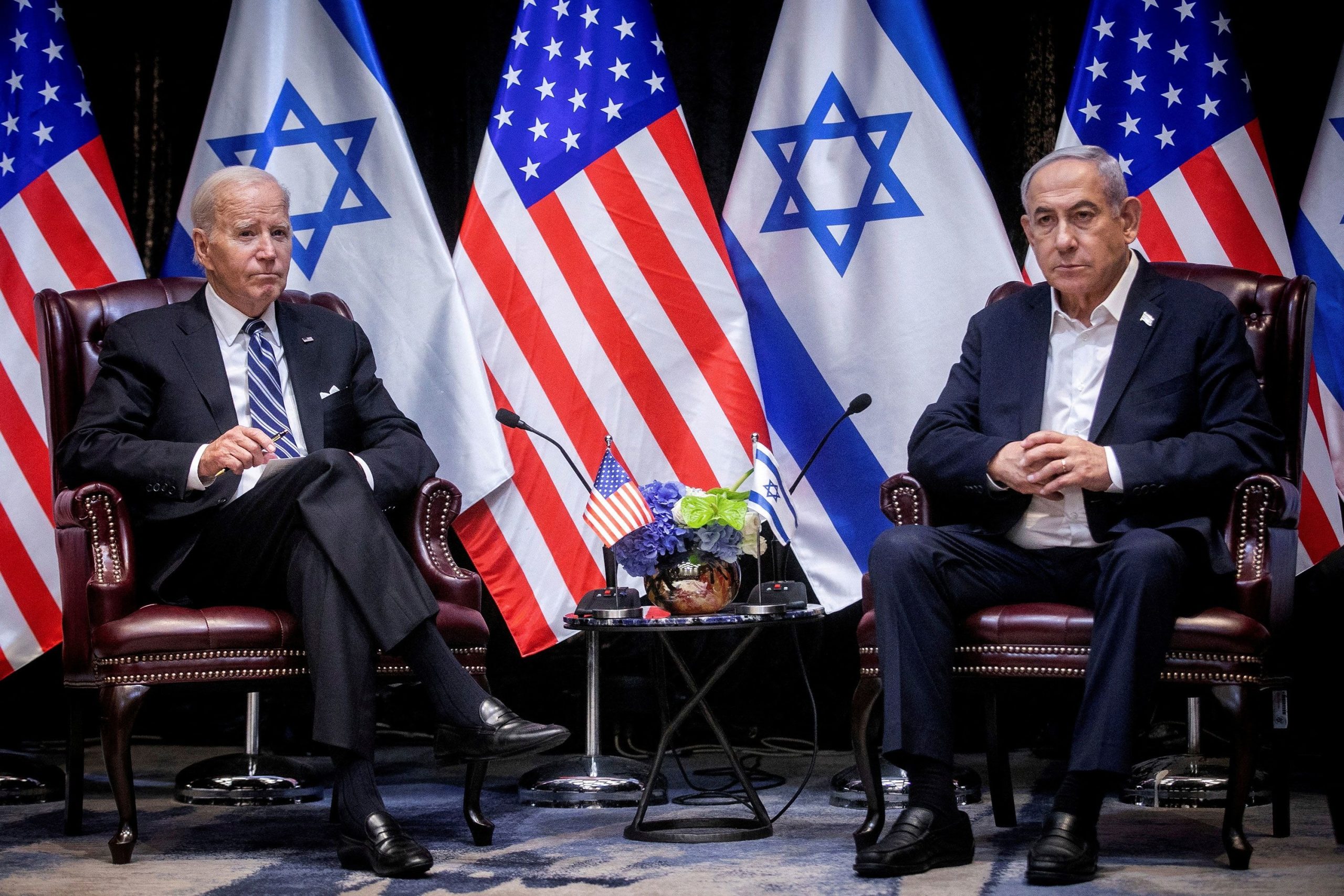The State Department is currently assessing “new information” provided by the Israeli government regarding the status of an Israeli military unit accused of committing severe human rights violations in the West Bank prior to the October 7 Hamas terror attacks. Secretary of State Antony Blinken conveyed this information in a letter to House Speaker Mike Johnson.
This evaluation is part of Blinken’s consideration of whether to recommend suspending U.S. aid to the unit under the Leahy Law, a federal provision that prohibits providing military assistance to groups implicated in human rights abuses.
The potential decision has garnered attention as the Biden administration faces mounting pressure to hold Israel accountable for international human rights standards. If implemented, it would mark an unprecedented development in the longstanding security partnership between the U.S. and Israel.

The Israeli Defense Forces (Credits: The Times of Israel)
In the letter, which CBS News obtained and verified, Blinken assures Johnson that any determinations made in line with the Leahy Law would not affect the delivery of U.S. assistance to Israel. He confirms that Israel would receive the full amount allocated by Congress, despite any potential actions taken under the law.
Blinken specifies that he has assessed three military units of the Israeli Defense Forces (IDF) and two civilian authority units regarding their involvement in gross human rights violations against Palestinian civilians in the West Bank. These incidents predate the October 7 attacks and do not involve Israel’s operations against Hamas in Gaza or Iran.
Blinken Suggests Israeli Government Has Presented Fresh Information
While two IDF battalions were found to be implicated in human rights violations, the Israeli government has reportedly undertaken effective remediation measures for both units. As a result, U.S. security assistance to these units and the civilian authority units can continue.
However, the third IDF unit has not undergone effective remediation, although it has been acknowledged by the Israeli government that the unit engaged in conduct inconsistent with IDF rules and was transferred from the West Bank to the Golan Heights in 2022.
Blinken indicates that the Israeli government has provided new information regarding the status of this unit, and discussions are ongoing to identify a path to effective remediation. The letter does not explicitly state whether a suspension of U.S. aid is under consideration for this unit.
CBS News previously reported that one of the implicated battalions is the Netzah Yehuda unit, which was allegedly involved in the death of a Palestinian American in 2022.
Officials familiar with the process note that the U.S. and Israel have established a formal agreement requiring consultation before reaching conclusions under the Foreign Assistance Act, which includes the Leahy Law. Consultations regarding the third military unit are currently underway.
Separately, the U.S. is reviewing whether the IDF and the Israeli government comply with U.S. and international humanitarian law in their conflict with Hamas. This review was prompted by President Biden’s national security memorandum issued in February.
Congress is expected to receive the results of this review by May 8, following pressure from Senate Democrats like Chris Van Hollen, who have accused Israel of violating U.S. laws in the current conflict.

Biden and Netanyahu (Credits: CNN)
Blinken emphasizes in his letter to Johnson that no additional determinations have been made under the Leahy Law beyond the ones mentioned. His comments on this matter follow remarks made during a G7 press conference in Capri, Italy, where he stated that determinations related to potential Leahy Law violations would be forthcoming.
The prospect of imposing such a penalty has sparked strong criticism from Israeli officials, including Prime Minister Benjamin Netanyahu and Defense Minister Benny Gantz, who have characterized it as unjust and precedent-setting.
Blinken’s communication with Johnson coincided with a critical House vote on a $95 billion supplemental aid package that includes funds for Ukraine, Taiwan, and Israel. Johnson had sought assurances from the administration regarding the timely delivery of military aid to Israel before the vote.
While State Department deputy spokesman Vedant Patel declined to comment on specific correspondence with Congress, he emphasized that any potential actions taken under the Leahy Law would not affect the longstanding security relationship between the U.S. and Israel.























